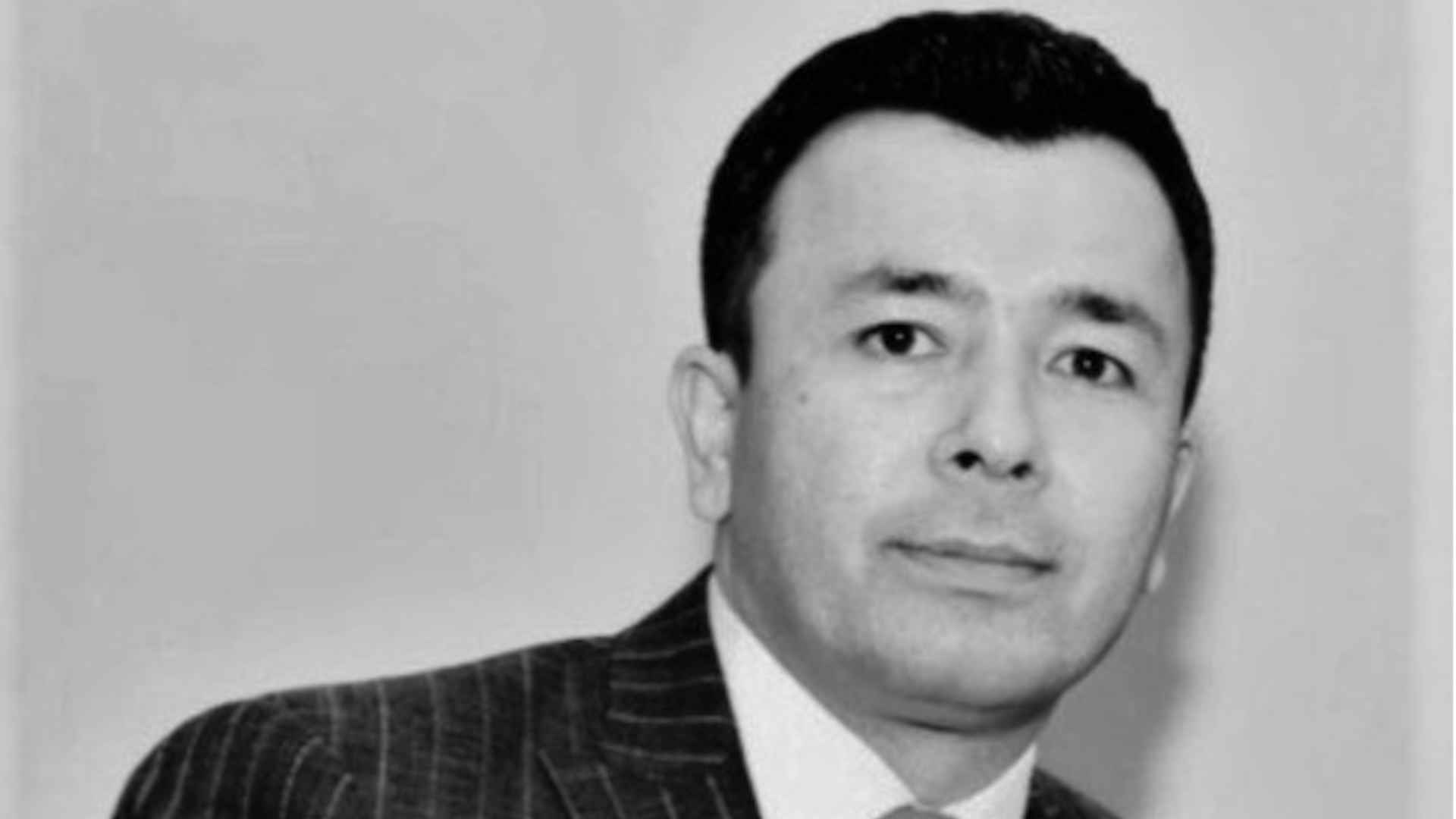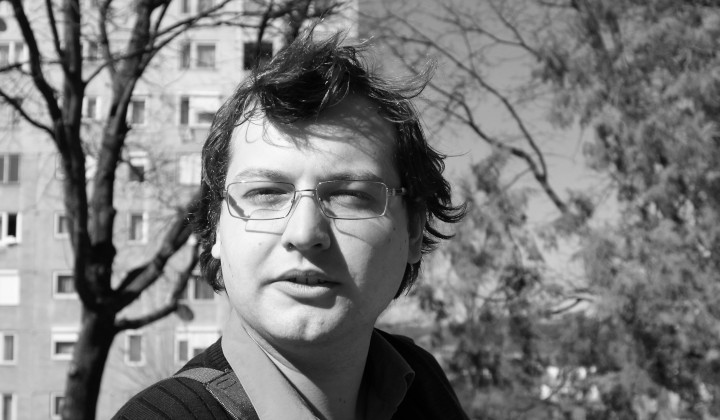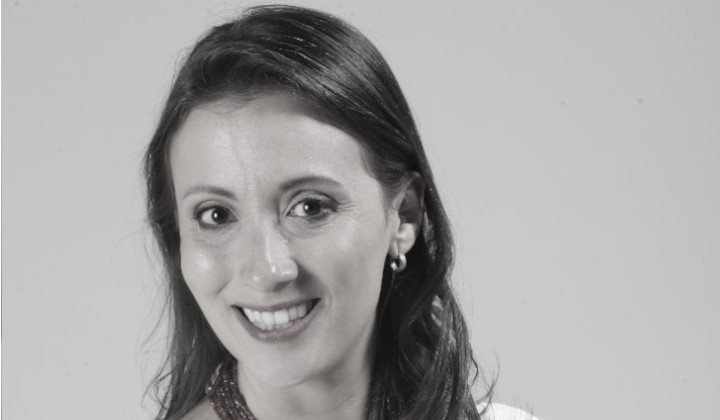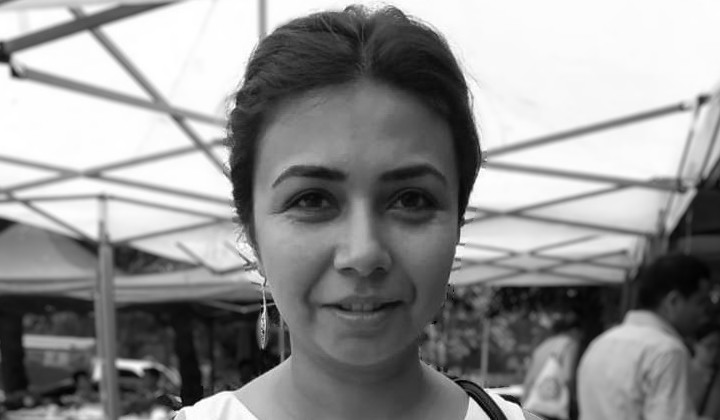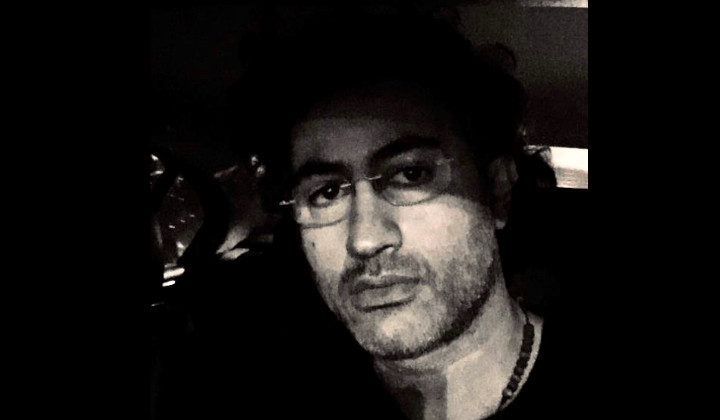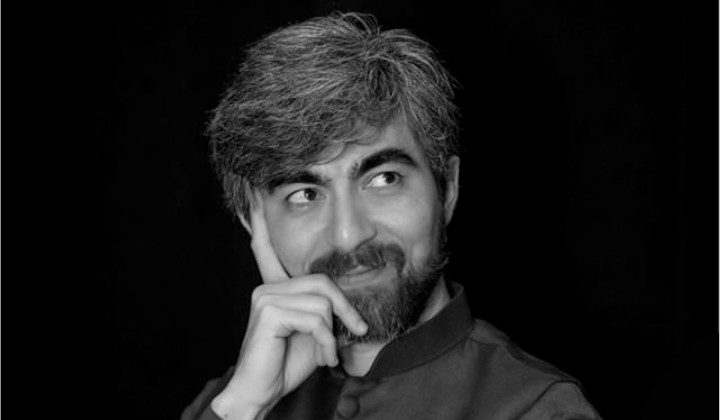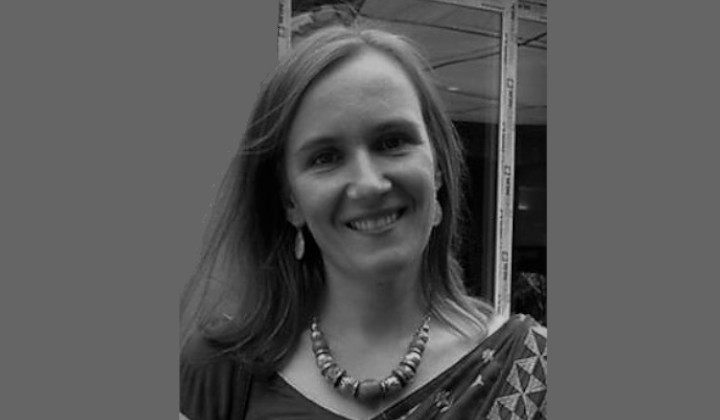“Between teaching, researching and writing”
Tashkent-based Azamjon Dadakhonov teaches uzbek Journalism-students and deals with the modern education of journalism.
written by

Lukas Fortkord
A University lecturer does not seem to be a journalist in the first place, one might think. If you speak of Azamjon Dadakhonov, this theory is proven wrong. The 40 year old Uzbek lives in Tashkent, the capital city of Uzbekistan and is a PhD student at the Uzbekistan State University of World Languages with the topic “Modern Journalism training models in the condition of media convergence”. However, his main profession is teaching students in the field of international journalism. Especially subjects directly connected with technologies in journalism, such as Digital media, online journalism or modern European and Asian mass media.
Dadakhonov was born on the 3rd of December 1979 in the Namangan region, in the far east of Uzbekistan. Since his childhood it was his ambition to study journalism, so he did. From 1997 until 2003 he studied at the National University of Uzbekistan in Tashkent, doing his bachelor’s and master’s degree in International Journalism. During his first semester Dadakhonov also gained his first work experience: “When I entered to Journalism Faculty of National University of Uzbekistan our teachers recommended us to do vocational training in newspaper offices, to practice news reporting and writing skills, so I went to newspapers.” After that he had the possibility to get an insight into Tashkent TV channels and after some practical work, they accepted him as a TV reporter for »Poytakht« (»The Capital«) news program. There he learned how to write TV news, which in his opinion is much easier than writing for the printing press. “The most beneficial thing of that was, that I could observe our people’s real life and speak with different people.”
Besides being a PhD Student and senior lecturer for journalism, Azamjon Dadakhonov currently has part time jobs in editorials, a website and a partnership with a magazine. “As I have been teaching at the university for a long time, a journal named »Sog’lom avlod« (»Healthy Generation«) offered me a part time position, writing for them about education, youth life, role of technologies and science in the future life. Since his main subjects in his scientific work as well as his teaching topics are closely linked with IT and technology in Journalism, he writes articles about new technologies and inventions for the website xabardor.uz. When asked whether he sees himself more as a journalist than as a scientist, he answered: “I am teacher of journalists. I have been working as a university lecturer for 16 years. My students are famous students here in Uzbekistan. I teach journalism students how to write and report news. Besides I always tried to work for some media companies as a part time correspondent. That means I should be a journalist and at the same time due to my research a scientist.”
Times of crisis
Due to the outbreak of the Covid-19-Pandemic the working conditions of journalists in Uzbekistan have changed. TV journalists now prepare their shows from their home. They interview partners via internet and social networks. News channels such as »Uzbekistan-24« still invite their guests to their studio, but now experts and specialists come daily and give report. Newspapers, on the other hand, have permanently stopped publishing. Whereas Social media is working actively during these times. “We had two disasters during COVID-19 quarantine time. Bukhara weather disaster and Sardoba dam collapse in the Sirdarya region. People have been informed about these situations by social media and TV news.
But the the stop of publishing is no accident: Actually, there is a time of crisis for printing media in Uzbekistan. Paper, ink and transport services became too expensive. The young generation just consumes news from online and social media, so that in the end many newspapers had to close. The subscription rates are very low, so Magazines are published only 4 to 6 times during the year. Only magazines of big organizations are being published monthly. Also, radio stations have lost most of their listeners in the past years so that only TV Channels are as active and popular as usual. Only the central Cities, like Tashkent and Samarkand have good internet-provision, therefore people in rural areas have to rely on TV News as their information source. On the other hand, Dadakhonov explains, there is also a boost to observe in the use of social networking platforms, news websites and blogging portals. The Internet Journalism is getting more important in Uzbekistan, he says. Even big TV Channels are now preparing some of their news program using videos from social media, such as Facebook, Twitter and Telegram and research their information on these platforms.
Dadakhonov’s hope is that once the corona crisis calms down and things are getting more normal, he can come to Germany and continue the work on his PhD thesis.
To the article

Social Media in Uzbekistan
By Lukas Fortkord



